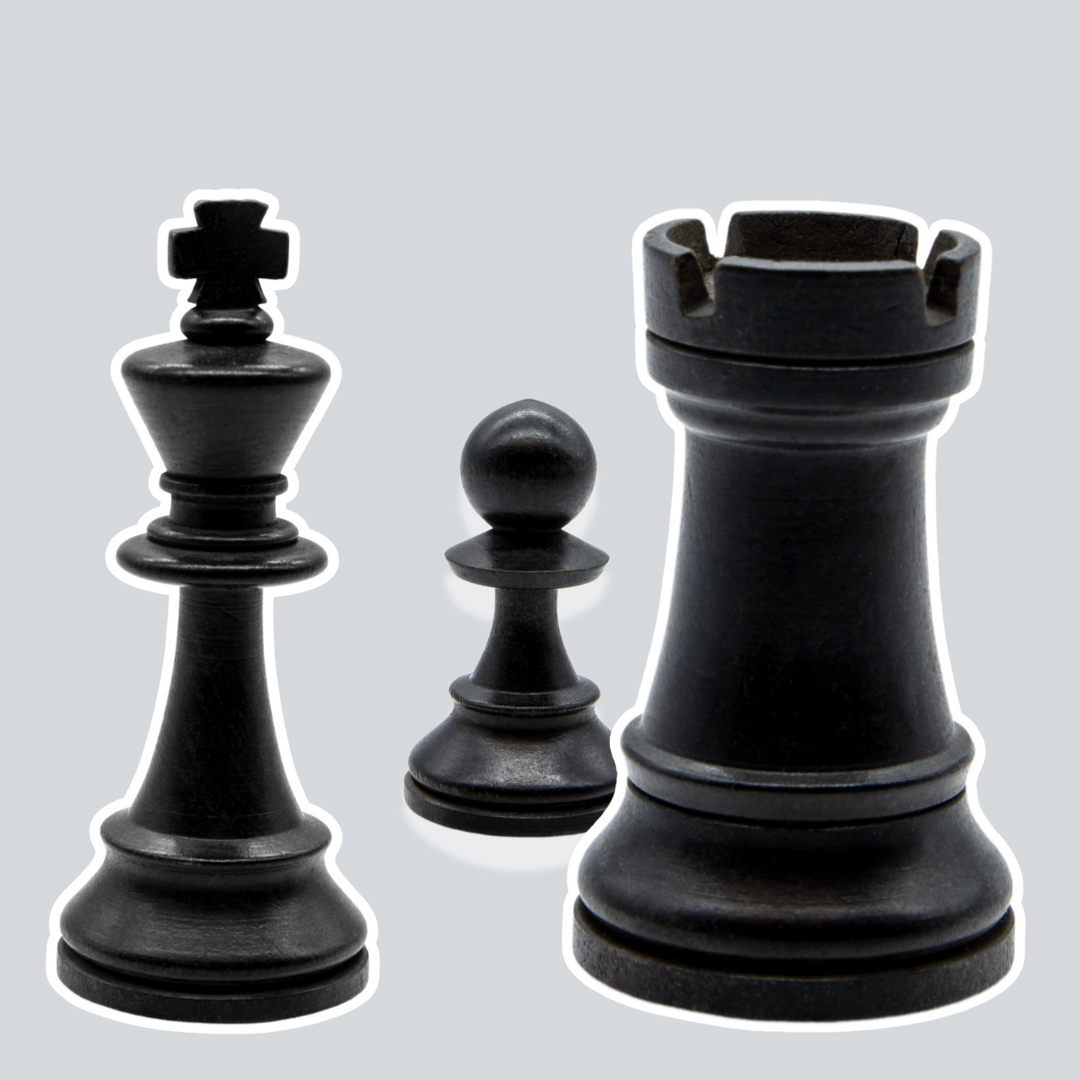I felt guilty about resting.
In 2019 I simplified my life. I retired from a business I had owner-operated for 20 years, I also retired from ultrarunning, and a year later, I moved to the country to fully live my passion for rural life.
Before the big shift, I allocated every 15-minute slot in my calendar to a task. By the time I moved to the country, the demands on my day involved waking up and responding to whatever I needed to for that day. Sounds idyllic and relaxing, doesn’t it?
I remember cracking my toe against the coffee table one morning at 3 am. A chocolate craving had gripped me, and I decided to get up and stealthily weave my way through the darkness to the kitchen, lest I wake anyone by turning on a light.
In my sleepy stupor, I’d forgotten that I had moved the coffee table until my toe cracked against it. I bit my lip to suppress the yelps and hopped the final few steps to the kitchen.
I’m still surprised at how my mind responded to that moment of pain and shock.
Did it worry that my toe was broken? Nope.
Did it offer any compassion at all for my pain? Nope.
I grabbed the wad of Post-it notes on the kitchen bench and scrawled – Buy night light.
My mind then switched into list writing mode, and soon I had a bunch of Post-it notes scrawled.
- Cost out cottage renovation
- Write keynote speech
- Groceries
- Plan this year’s Run Against Violence campaign
- Blog posts
- Garden – how will I kill the grass?
I forced myself to put the pen down and returned to bed, although that did little to stop the flow of to-do items that bubbled in my head.
Guilt is your moral compass emotion.
Like fear and shame, guilt is a repelling (aversive) emotion that targets social interactions.
Our physical and psychological well-being relies on our ability to live fruitfully within a social context, and to do all that, we need to work cooperatively within our social units.
Your mind generates feelings of guilt to repel you away from anti-social behaviours that have negative consequences in those social units and toward productive, pro-social behaviours.
Your mind decides which behaviours are “good” (pro-social) and “bad” (anti-social) using beliefs that are programmed deep inside your mind. Those beliefs constitute your moral code and are derived from your culture, education and life experience.

Part of my moral code is that being a good person means working hard and contributing to society. My parents have operated family businesses throughout my life, which has embedded an image of what hard work looks like deep into my non-conscious mind. You roll up your sleeves, lead by example, and there is always a long list of tasks awaiting your focus.
If I take an extended holiday, binge on TV or, say, retire to the country in my late 40s, my behaviour is opposite to the image I hold of what good looks like. That shift in behaviour away from the “good” version of me causes my mind to worry, and it triggers guilt to bring me back in line.
The Guilt Trip is emotional abuse.
Like all emotions, we experience guilt on a scale from mild to extreme. My toe-stubbing story is the mild version. I’m about to step you through an extreme version I frequently see in my work with Run Against Violence.
The guilt trip involves one person manipulating another’s perspective of “good” and “bad”. They activate guilt by bringing into conscious awareness a “bad” behaviour. They intend to push you back toward their version of “good” and, as a result, gain control of your mind and behaviour.
Guilt-tripping is a horrendously common form of intimate partner abuse. I’ve seen guilt weaponised by people of all genders, ages, sexuality, and ethnicity. It’s a form of abuse that seems to have no boundaries.
I often hear of the guilt trip being used to entrap working mothers, and that’s the example I’ll use to demonstrate how the process works.

Mothers who work away from home must navigate a complex moral landscape. Long-standing social stereotypes say a “good” mother should be home with her children. The modern context leans toward a “good” mother being a role model for her children by using her intelligence, contributing, and living a fulfilling life.
That complex moral landscape creates plenty of opportunity for a perpetrator to trigger guilt repeatedly.
For example, one day, the perpetrator might chastise their target for being a “bad” mother because she gets home late from work and neglecting her children. The perpetrator’s comment triggers guilt which drives the mother toward coming home at a “good”, much earlier time as dictated by the perpetrator.
Then a while later, as the mother is settling into the new time, the perpetrator will abuse her for being a “bad” mother because she doesn’t work hard enough or bring in enough money.
With each cycle of abuse, the mother becomes increasingly disoriented about what defines “good” and “bad”. That confusion causes decreased self-esteem, depression, and anxiety within the mother, opening opportunities for the perpetrator to exert more control over her behaviour. At that point, the perpetrator often escalates other forms of abuse, such as physical and sexual violence.
Note: If the scenario I’ve just described sounds familiar, perhaps you’re living in a similar situation or know someone who is, please tell someone. Ideally, contact a professional counsellor or family violence support service in your area.
In Australia, you can go online to 1800RESPECT.org, or if there is an immediate threat to safety, call the police on triple zero (000).
So, I feel guilty. Now, what?
You are left with two options once feelings of guilt are triggered.
1: You can continue along the same path and ignore the guilt.
Do this, and you’ll end up in emotional no-man’s land. You try to consciously suppress the guilt, but deep inside, it’s driving your behaviour. You’ll likely feel lethargic, procrastinate, hesitate, or avoid situations or actions. In extreme scenarios, it can drive anger, shame, and violence. Guilt is an emotion you can’t ignore. If you try, it will escalate the feelings of distress until it has your full attention.
2: You can flip to the “good” behaviour.
That’s what my mind decided to do at 3 a.m. in the kitchen. I had a bumpy emotional ride settling into my new rural lifestyle, and whenever I relaxed “too much,” I felt pangs of guilt about being lazy, which pushed me back into activity.
But what if the behaviour I’ve defined as “good” isn’t good for me?
My mind and body need rest after years of pushing myself to extremes. Being a “hard worker” is helpful in some situations, but for me right now, it is a weakness.
This is how I find guilt’s wisdom.
Guilt is a complex emotion, and I recommend seeking professional counselling if you are experiencing it frequently or if it has become debilitating for you.
In milder scenarios, here are four questions I ask to analyse my guilt and unlock the wisdom in its messages.
Q1: How are you defining “good” and “bad”?
Your moral code is fluid and can be highly nuanced to specific situations, which is why I’ve put the words good and bad in inverted commas throughout this story.
Take some time to list out what you believe is good or bad behaviour when you feel guilty. For me and my country-life guilts, the “bad” list included being relaxed for long periods.
Q2: How were those definitions created?
This question acknowledges the source of your beliefs. You may have inherited your moral code through family traditions, or someone forced it on you, or it evolved through personal introspection and life experience. That simple acknowledgement creates space for learning and evolution.
Q3: Are those definitions rational or useful?
Your answer might be “yes” to both questions.
However, most times I’ve gone through this activity, my moral code has required some reshaping.
For example, being relaxed for long periods might slide into laziness, but labelling that as “bad” behaviour is not helpful or accurate.
I decided to reshape my belief to the following.
It’s good to take the opportunity to relax and rest. I’ve pushed hard for a long time and need to rejuvenate to perform at my best. I know that after I’m well-rested, my natural drive and motivation will ramp up again.
(and it did!)
Q4: Have you breached your moral code?
You need to ask the tough question but do it after exploring your moral code so you have context for your answer. You may have behaved in a way that breaches your internal standards. We all do it. Social relationships are complicated, and the human mind is complex. All that complexity trips us up at some stage.
Accept the breach and use it as a learning opportunity. Think about how you would handle a similar situation differently next time and then take corrective action, such as apologising and seeking support to learn new skills.



